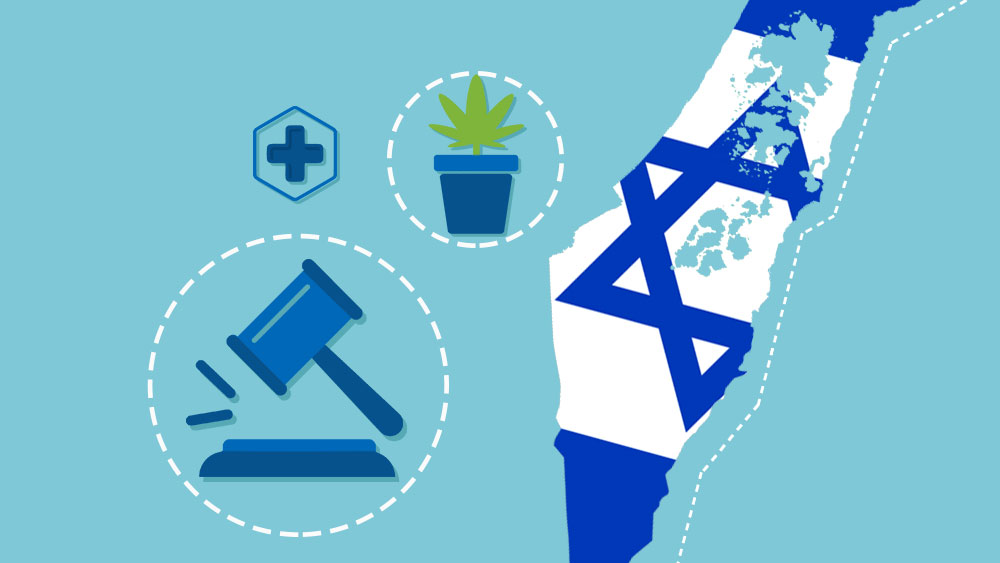Israel’s parliament passed legislation Tuesday that allows the export of medical cannabis around the world, signaling the country’s entrance into the burgeoning market.
Israel’s parliament, known as the “Knesset,” passed the Dangerous Drugs Ordinance bill on December 25 with 21 unanimous votes. Israel will now be the third country, after the Netherlands and Canada, to export medical cannabis globally. Recreational cannabis is still illegal in the country.
“Israel is perfectly positioned to enter and disrupt the medical cannabis market that is expected to soar to $33 billion dollars worldwide in the next five years,” said Saul Kaye, CEO of Israeli medical cannabis company iCAN, in a statement. “In Israel alone, we expect over $1 billion in sales to countries interested in our products.”
Kaye said that he expects cannabis to be as important to Israel’s economy as its technology industry.
The approved legislation sent cannabis company shares up about 10 per cent on Tuesday. There are currently eight medical cannabis companies operating in Israel, with dozens more in the application stage.
The law was delayed for years due to fears that medical cannabis production would fuel the illegal market.
To address those fears, the legislation allows Israeli police to inspect cannabis farms and grant approvals for growing and exporting the plant.
According to Knesset’s website, each applicant for a cannabis license will receive a positive or negative recommendation from the police department. Police will be required to provide guidance to Israeli applicants within four months of applying, and six months for foreign investors.
Police review may be exempt for foreign investors. However, foreign investment over five per cent in Israeli cannabis will require regulatory approval, according to iCAN’s statement.
Anyone who violates the terms of the medical cannabis license are liable to 24 months of prison or a fine around $20,000, according to the Knesset.
The law is not official until the Israeli Cabinet gives approval, but that is widely seen as a formality. If approved, exports are expected to begin in mid-2019 to countries such as Australia, Germany, Austria and Mexico.
“This new legislation removes the last legal obstacle which remained in the path towards approving export and signing it into Israeli law,” Cannabis company Seedo’s CEO, Zohar Levy, said in a statement.
“Israel is a medical cannabis power,” Minister of Agriculture Uri Ariel said, according to Seedo’s statement. “The Israeli research conditions for growth in the field precede most of the countries in the world by 5-7 years because of progressive regulation.”
Ariel explains that Israeli cannabis products are made according to “strict production standards,” similar to the pharmaceutical industry. He also stressed the thought put into security, saying there are “strict rules for the entire value chain developed following inter-ministerial work which took place over a prolonged period of time.”
Israel has gained the reputation of being the Silicon Valley of the Middle East, and has used its technological prowess towards cannabis.
The first metered-dosage cannabis inhaler, Syqe, was developed in the country, and Seedo has developed the world’s first fully-automated plant growing device run by AI, according to its statement. Combining the country’s technological prowess with the merging cannabis industry gives Israel huge potential to be a cannabis powerhouse.





